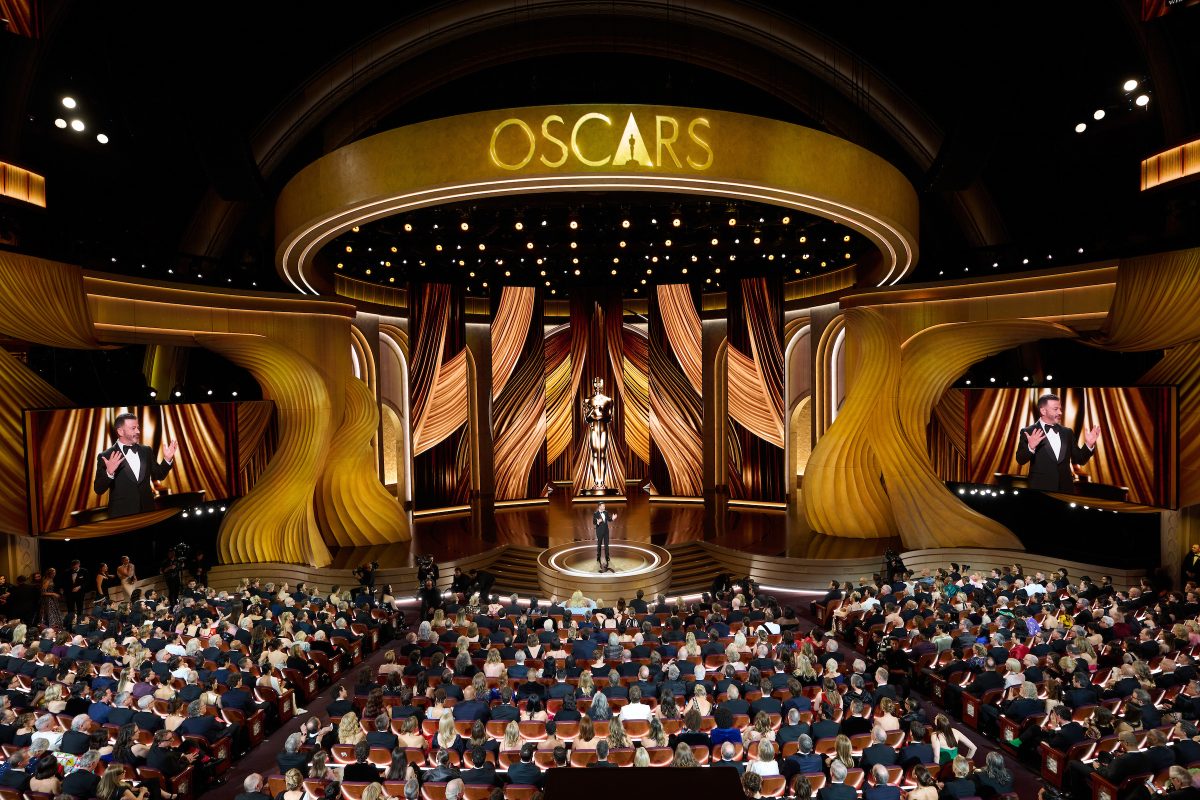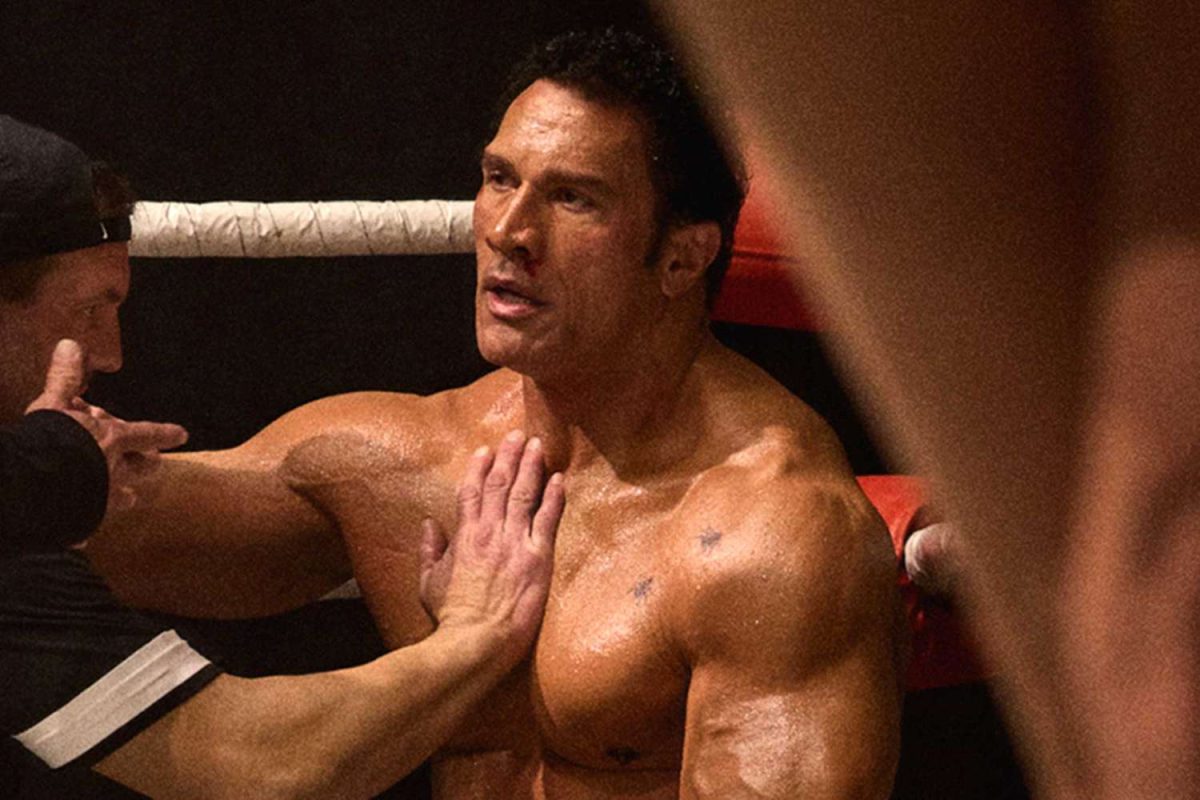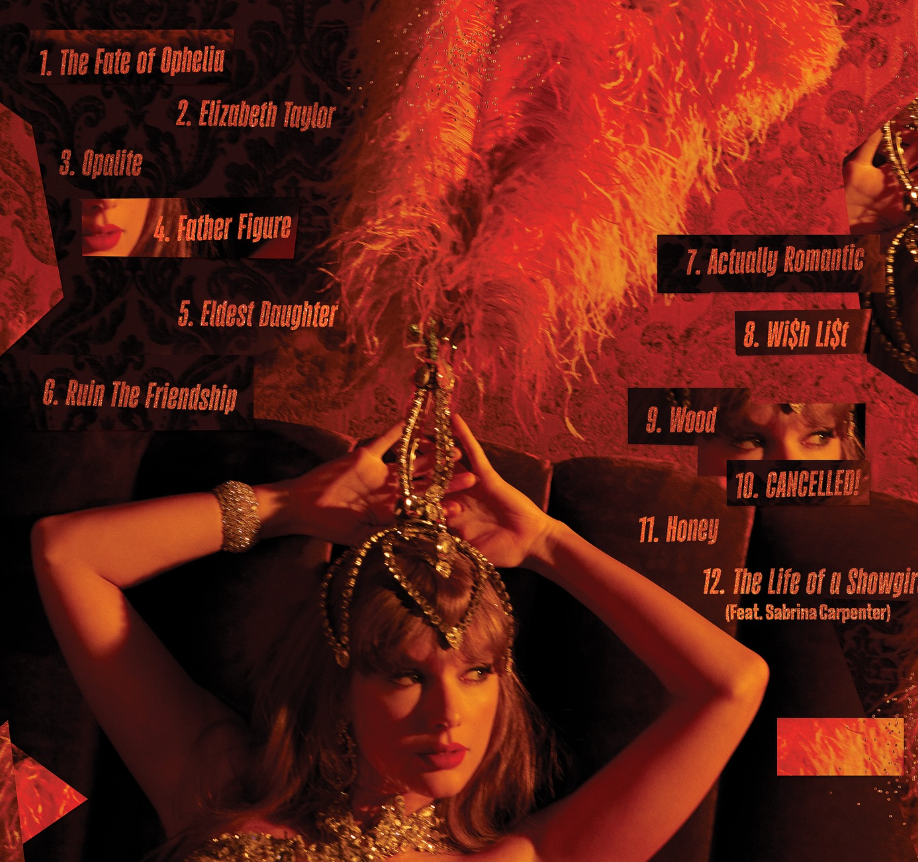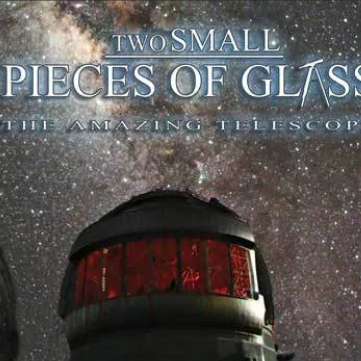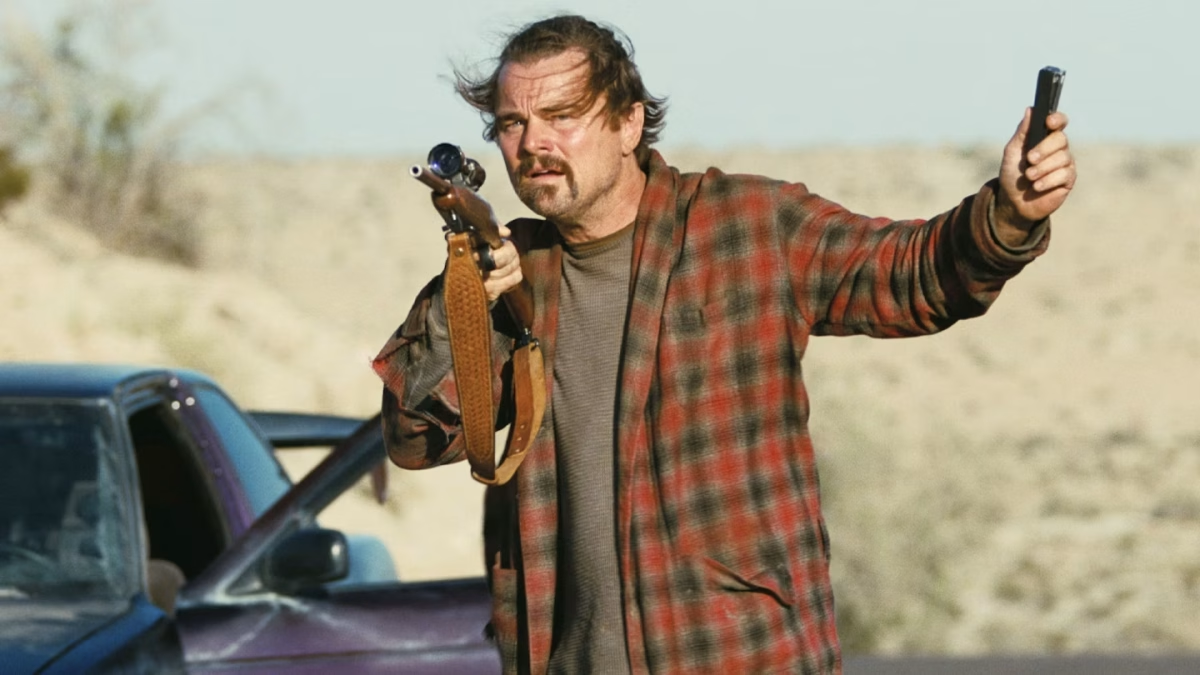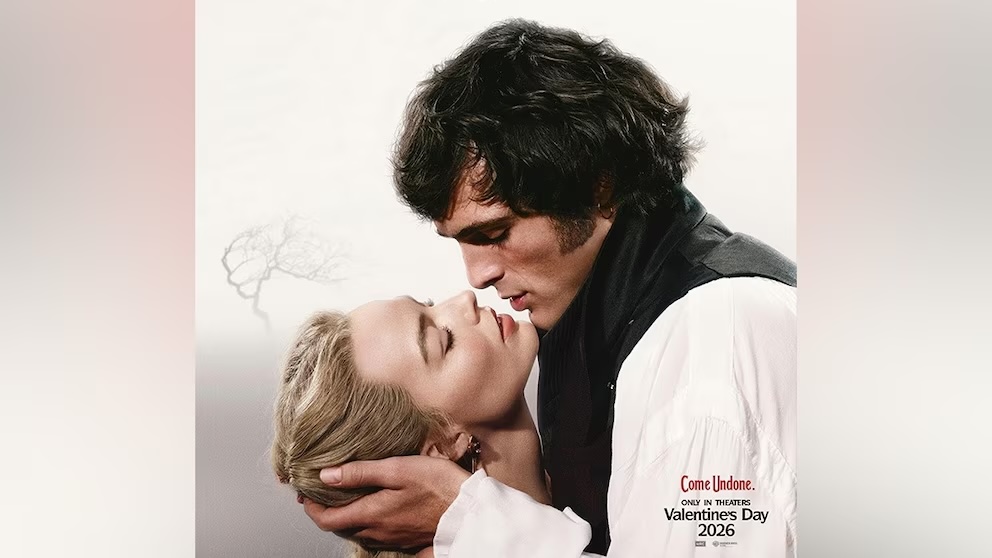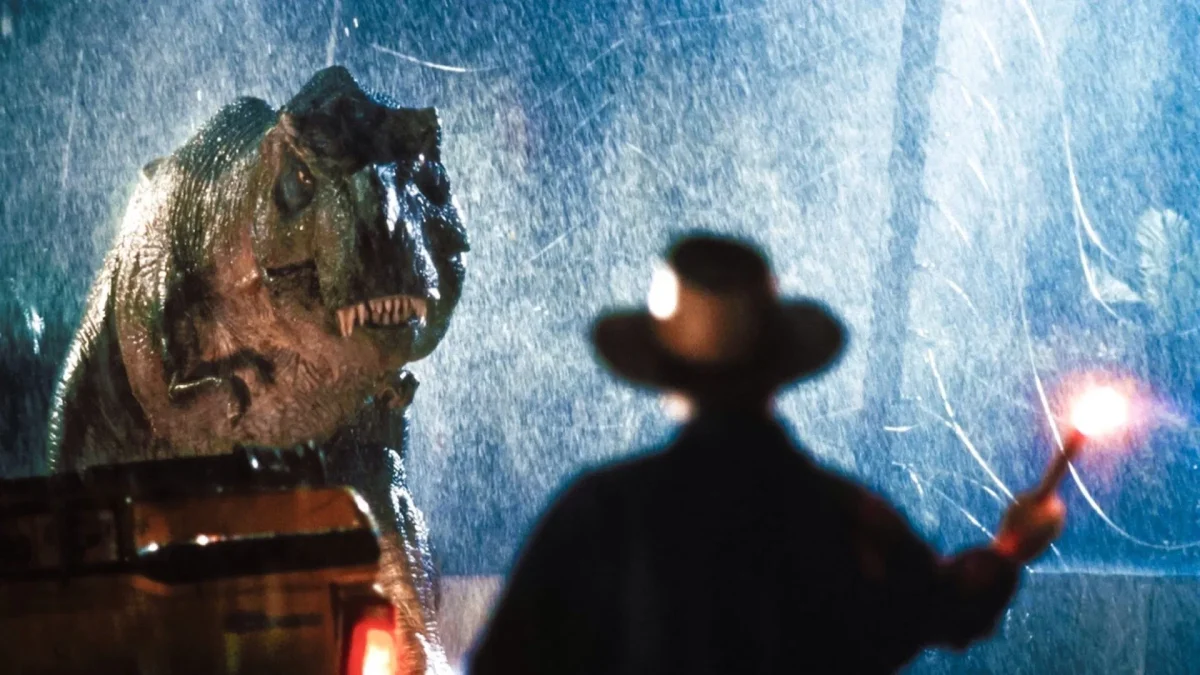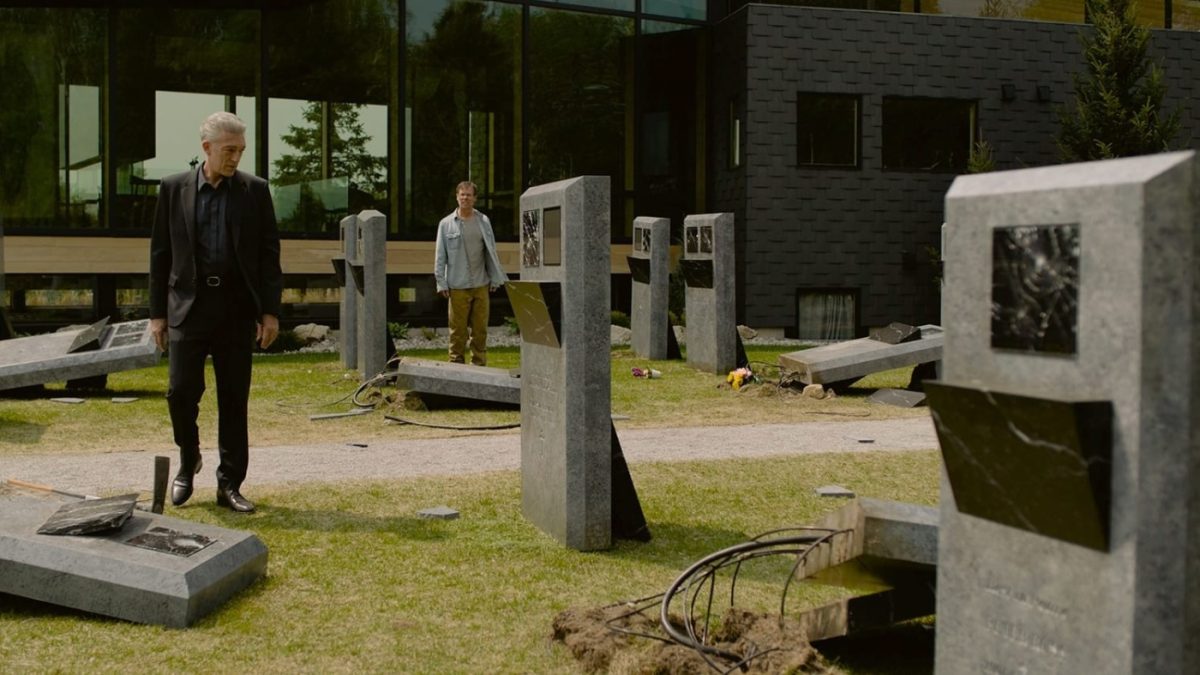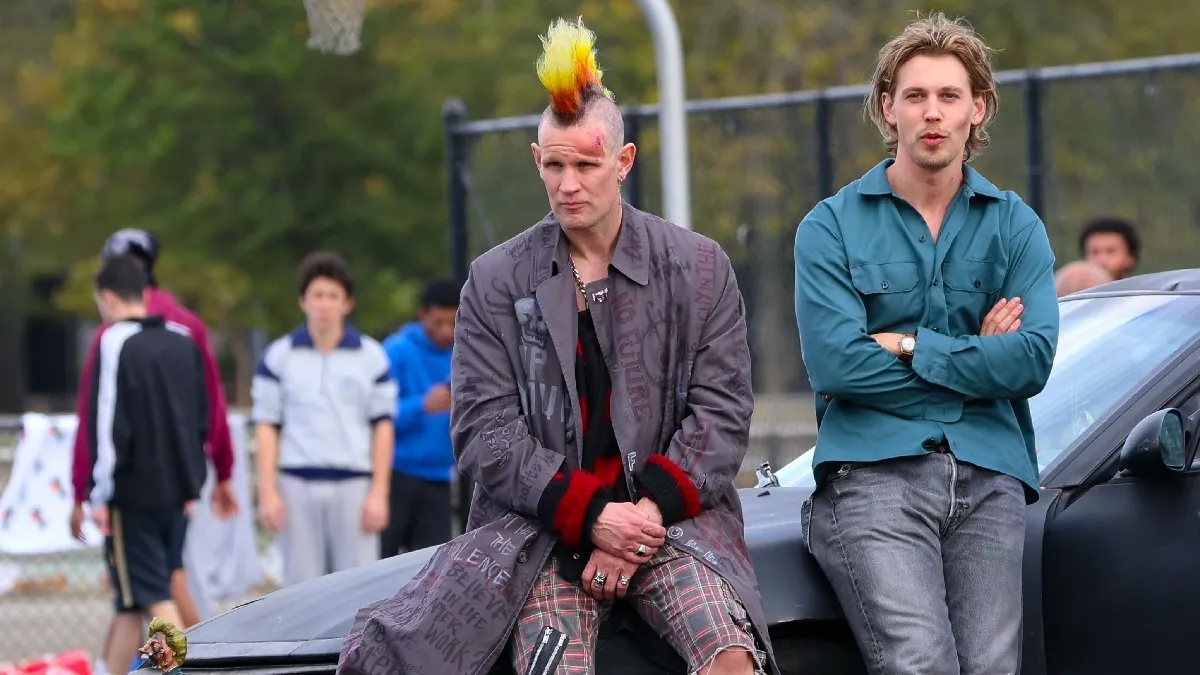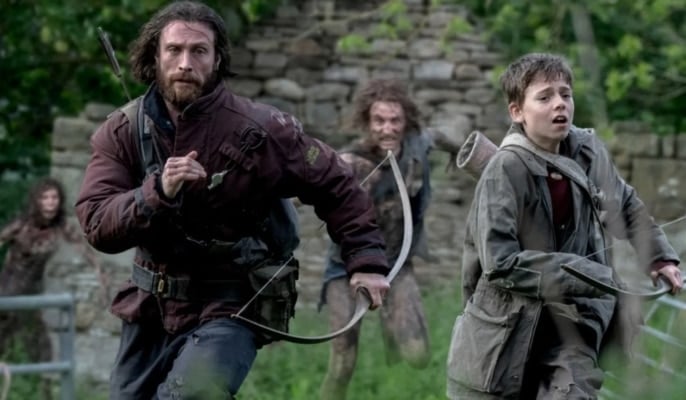In a shocking turn of events, the 96th Oscars weren’t terrible.
The last few ceremonies have been varying levels of abysmal: in 2021, the show’s producers rearranged the show to honor a deceased nominee who didn’t end up winning; in 2022, Will Smith assaulted Chris Rock shortly before winning best actor; and in 2023, the academy declined to award some of the best films of the last decade in favor of the overrated but crowd-pleasing “Everything Everywhere All At Once” and the forgettable “All Quiet on the Western Front.”
This year, though, the academy’s voters mostly got it right. Christopher Nolan’s “Oppenheimer” won several major awards, including best picture and best director. Cillian Murphy won best actor for his portrayal of the titular physicist. Ludwig Göransson won best original score, while Hoyte van Hoytema’s stunning cinematography and Jennifer Lame’s editing — without which the movie would completely fall apart — also garnered awards.
One technical award that “Oppenheimer” lost was best sound, which instead went to Jonathan Glazer’s terrifying Holocaust drama “The Zone of Interest.” Glazer also won best international feature and gave one of the most memorable speeches of the night.
“We stand here as men who refute their Jewishness and the Holocaust being hijacked by an occupation which has led to conflict for so many innocent people,” Glazer said, tying his film’s message to the current violence in Gaza.
I was overjoyed when Hayao Miyazaki’s “The Boy and the Heron” won best animated feature. The Japanese master was predicted to lose the award to “Spider-Man: Across the Spider-Verse.” I enjoyed “Spider-Man,” but I’m glad the academy recognized Miyazaki’s beautiful and, perhaps, final work instead.
Another win I was very excited to see was Wes Anderson, whose “The Wonderful Story of Henry Sugar” won best live-action short film. Anderson deserved the award; “Henry Sugar” is leagues better than its fellow nominees, even if it doesn’t approach the same heights as “The Swan,” another of Anderson’s 2023 shorts. Frustratingly, the academy shunned Anderson’s incredible “Asteroid City,” which should have swept several of the technical categories.
“Asteroid City” was not the only film snubbed this year. “May December,” which should have won best supporting actor, was only nominated for best original screenplay. It lost to Justine Triet’s less deserving but still impressive “Anatomy of a Fall.”
The most misguided and indefensible snub, though, was Martin Scorsese’s “Killers of the Flower Moon.” I wonder when the academy will stop taking Scorsese for granted, but I fear it may not be until he’s dead. Scorsese and Eric Roth’s incredible screenplay wasn’t even nominated, and Robert De Niro lost best supporting actor to Robert Downey Jr., who was admittedly incredible in “Oppenheimer.”
None of these omissions were quite as egregious as Lily Gladstone’s best actress loss. Technically, I should refer to Emma Stone’s best actress win, but even Stone seemed shocked to have won. Stone, who played Bella Baxter in “Poor Things,” is a talented actress who gave a good performance, but Gladstone is monumental in “Flower Moon.” She feels less like an actor than a force of nature, embodying generations of oppression and resistance despite spending nearly half of the film’s three-hour runtime bedridden.
Da’Vine Joy Randolph’s supporting actress win, on the other hand, was well-deserved. She imbues her character in “The Holdovers” with depth and humanity beyond that afforded by David Hemingson’s relatively lightweight screenplay.
Somewhat surprisingly, Greta Gerwig’s hugely popular “Barbie” was mostly ignored. I wasn’t as big a fan of the movie as others, but I would’ve liked to see its costuming and production design recognized.
“Barbie” did manage to steal the show, though, when Ryan Gosling performed “I’m Just Ken.” Gosling was backed by a cadre of dancers and also Slash, which made for an entertaining spectacle.
Less effective was the In Memoriam segment, which producers have historically struggled to incorporate into the show. This year’s In Memoriam featured a distracting dance routine, which made it difficult to actually see the names and images of those being remembered. Many luminaries, including vaunted British filmmaker Terence Davies and revolutionary poet Sinéad O’Connor, were relegated to a chaotic collage of names at the very end of the segment.
Despite Jimmy Kimmel’s unimpressive hosting and a few truly egregious snubs, this year’s Oscars was a surprisingly well-put-together show. “Oppenheimer,” “The Boy and the Heron” and “The Zone of Interest” were rightly recognized, and the ceremony’s presentation was much more entertaining than in previous years.



